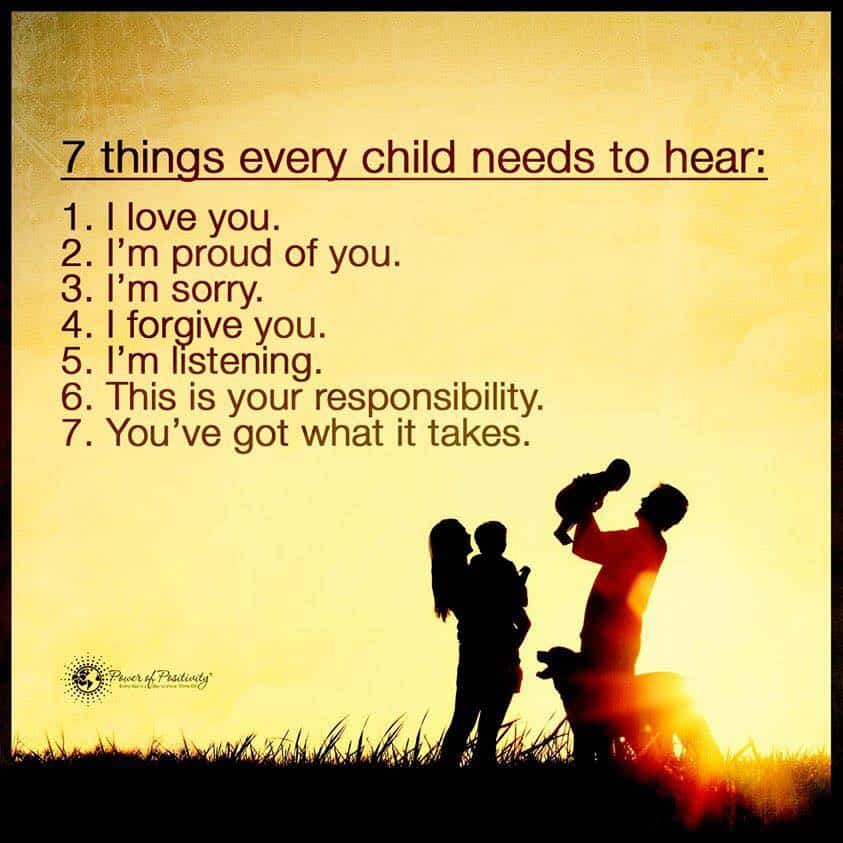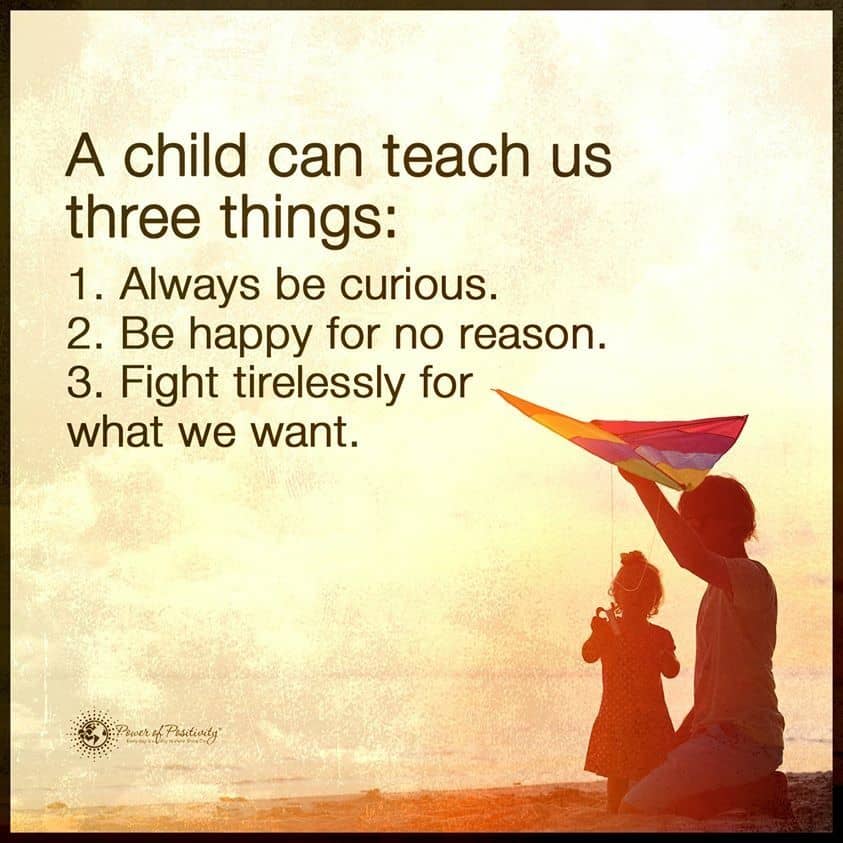Relationships require continuous nurturing and preservation. There will be times we fall into a rut and can’t get out of it. We begin to question why we’re with this person in the first place. We begin to retell stories, focusing on negativity, and the question starts to come up: “did I settle?” There are differences between being with a partner out of necessity or responsibility and that of choosing a life partner who fills you emotionally, physically and spiritually.
So, do we choose partners based on familiarity and attraction, or do we settle into relationships and stay in them out of necessity?
Here are 5 differences between just “being” with your partner and choosing them:
1. Loving someone versus being in love.
The most incredible relationships are the ones that began through friendship. You not only fall in love, but you grow into it because you choose to evolve with it. Whereas, being in love can also end with ‘Not’ being in love anymore. The “being” part can dwindle and disappear. Choosing to be with someone is loving them completely: flaws, attributions, strengths, vulnerability and anything that will come up. Choosing requires a decision to stay, remain, and continue in spite of the ups and downs. Being in a relationship is sometimes a pit stop.
2. Ignorance versus understanding
When you choose your partner, there is understanding. You pick that person for all the reasons that feel comfortable, familiar and acceptable. You create a sense of intimacy that grows with time. Ignorance arrives with just being. In this state of love, you may detach and it may just be an unconscious decision. If you think your partner doesn’t recognize the distance, the parts being ignored, or the withdrawal, you might just have accepted that the person is really not that important. Love doesn’t require such games. It’s either in or out. Yes, there are many levels of commitment and it’s important to figure out what you want. Ignorance is not bliss in love. Choose and decide what you want in a partnership.
3. Forgiveness versus holding a grudge over the small stuff.
Choosing a partner means that you also grow with all that comes up. You forgive. You accept things in each other. The state of being in a relationship can be harmonious until something disturbing comes up. Then you begin to shift from being happy to being whatever. You start to focus on the small stuff. You can’t get past the circumstances, events, and challenges. And, every relationship has them. Decisions need to be made. How you perceive them is how you will react. You can either choose to move on and forgive, or you can surf the emotional waters of uncertainty by just being in the moment.
4. Standing versus falling.
In the book, The Road Less Traveled, M. Scott Peck describes love as:
“The will to extend one’s self for the purpose of nurturing one’s own or another’s spiritual growth. . . . Love is not effortless. To the contrary, love is effortful. . . . Love is an act of will–both an intention and an action. Will also implies choice. We do not have to love. We choose to love. . . . The act of falling in love is an act of regression. . . Real love is a permanently self-enlarging experience. Falling in love is not. . . The person who truly loves does so because of a decision to love. . . . True love is not a feeling by which we are overwhelmed. It is a committed, thoughtful decision. . . Commitment is the foundation, the bedrock of any genuinely loving relationship. . . . it is our sense of commitment after the wedding which makes possible the transition from falling in love to genuine love.”
When you choose to love, you end up standing. Being is the act of falling in love which consists of overwhelming emotions. But, you can begin with the falling in love and safely land standing up right next to the love of your life. Just because you began a relationship by being in love, falling deeply, doesn’t mean that you won’t choose to stay in love.
Relationship Therapist Deidre Wallace shares:
“We usually choose people or friends who we have something in common with. And it’s not just our friends but also our partners who may share similar experiences albeit unconscious. And if what we share is unconscious, what is shared may not be so obvious. It may only become clear once you’ve spent time communicating and delving into one another’s pasts that similarities are picked up. Sometimes it may take years before you realize all the reasons that attracted you to someone. So we surround ourselves with people who are similar to us in experiences, background, class, and culture and so on. Which is why the saying, ‘Birds of a feather flock together’ makes sense. We are mostly attracted to people who share what we know and what is safe. Safe because what we know, we feel comfortable with.”
5. Choosing a lifetime adventure versus being on a short expedition.
Life is a constant flux of choices, decisions, obstacles, lessons and experiences. When you choose love, you are electing a lifetime adventure with all that it may entail. Being can start to feel like a short journey until the heart decides it has had enough. You begin to fill presence with other things. Even though you might feel committed, the compromises for remaining can be too much to handle. Your sense of ‘being’ can be substituted by circumstances.
Related article: 11 Signs Your Relationship Is Doing Well(Even If You Don’t Feel Like It)
Whether you choose to be in a relationship or you live day by day in the act of accepting whatever shows up, love is the strongest emotional bond there is. When you truly love your partner, you can overcome anything. Love will test our strengths, courage, and weaknesses. It will turn us upside down, right side up, and into a ball. When in doubt, always choose love. If you aren’t happy in a relationship, decide whether you want to stay, leave, or be in constant indecision. Love is intense, beautiful and satisfying. Just as Dr. Seuss said, “You know you’re in love when you can’t fall asleep because reality is finally better than your dreams.”















